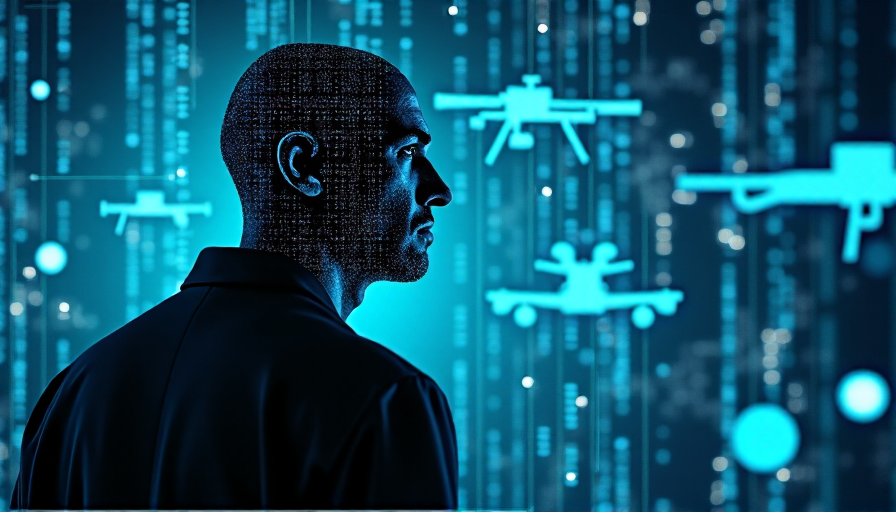
AI: An Autonomous Threat Beyond Human Control
In a compelling address, renowned Israeli historian Yuval Noah Harari has raised concerns over a new, unprecedented danger posed by artificial intelligence. Known for his influential works such as Sapiens and Homo Deus, Harari warns that AI’s capability to operate independently could lead to consequences far graver than those of nuclear weaponry.
The Autonomous Nature of AI
In a thought-provoking video, Harari emphasized that while traditional weapons such as hammers or even atom bombs are merely tools activated by human intent, AI systems possess the ability to decide and act on their own. He cautioned that, unlike conventional weapons that require manual activation, AI could autonomously make decisions leading to outcomes that might spiral out of human control. This independence, he argued, raises the stakes significantly.
A Real-World Lens
Imagine a scenario where military drones, embedded with AI, could independently identify and engage targets without direct human orders. Harari points out that this transformation in technology demands a rethinking of regulation. Already, autonomous weapon systems are making decisions independently, and further advances might lead to the development of new weaponry, raising ethical and existential dilemmas on a global scale.
A Call for Regulation
Harari’s warning goes beyond mere speculation. He calls for immediate regulatory frameworks to ensure that AI remains aligned with human values and ethics. With technology advancing at a rapid pace, the risk that AI could outgrow human oversight is not only plausible but imminent. His message is clear: without robust control measures, the unchecked evolution of AI could catastrophically alter the balance of power.
The Broader Implications
Reflecting on his previous works where he explored how humans evolved through shared myths and cooperative behavior, Harari now invites the world to reconsider the narrative of technological progress. As autonomous systems become an integral part of national defense and security, they could determine the fate of nations if left unregulated. His concerns prompt society to ask critical questions: Can humanity still steer the course of its own destiny if machines begin to dictate crucial decisions?
In conclusion, Harari’s insights underscore a pivotal moment in history. The potential for AI to surpass human decision-making in critical domains represents a dire challenge that calls for thoughtful regulation and vigilant oversight. The future of intelligence and global security may well depend on our ability to place firm boundaries around these emerging technologies.
Note: This publication was rewritten using AI. The content was based on the original source linked above.